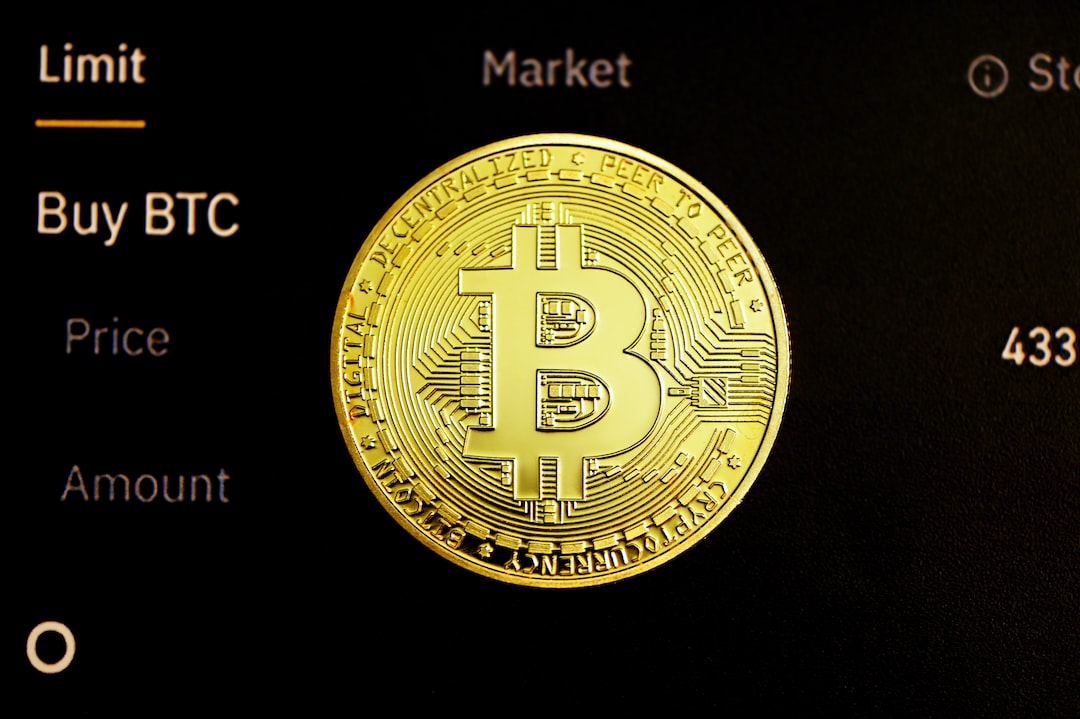Federal Reserve Raises Concerns Over Bitcoin Magazine’s Satirical Merchandise
Bitcoin Magazine, a renowned media outlet focusing on bitcoin news, has received a legal threat from representatives of the U.S. Federal Reserve. The Fed alleges that the publication’s satirical merchandise infringes upon its Fednow image and trademarks, creating a misleading connection between Bitcoin Magazine and the central bank.
The Parodied Items Under Scrutiny
The contested items include T-shirts, long-sleeves, sweatshirts, and hats featuring the name “Fednow.” The letter “O” in Fednow incorporates an eye-like symbol, symbolizing vigilant financial surveillance.
Bitcoin Magazine’s Response
In response to the allegations, Bitcoin Magazine has composed an open letter addressed to the deputy general counsel of the Fed’s Financial Services division. The publication asserts its First Amendment rights for social commentary and satire and refuses to comply with the request to cease and desist.
Challenging the Fed’s Assertions
Bitcoin Magazine expresses its disagreement with the Fed’s claims and highlights its concerns about the recently introduced Fednow interbank communication system. The publication believes that it has the right to sell merchandise that raises awareness about what it perceives as a threat to civil liberties.
Fed’s Request for Discontinuation
The Federal Reserve is demanding that Bitcoin Magazine immediately cease using the Fednow mark and any other marks resembling the trademark. This includes clothing items or merchandise sold in both private and public settings. The legal counsel member urges Bitcoin Magazine to refrain from any future use of the Fednow mark.
Hot Take: Defending Satire in Trademark Disputes
Bitcoin Magazine finds itself in a trademark dispute with the Federal Reserve over its satirical merchandise. The publication asserts its First Amendment rights to exercise speech through social commentary and satire. While the Fed alleges a misleading connection, Bitcoin Magazine believes it has the right to raise awareness about what it sees as a threat to civil liberties. This case highlights the ongoing tension between freedom of expression and trademark protection.





 By
By
 By
By
 By
By
 By
By
